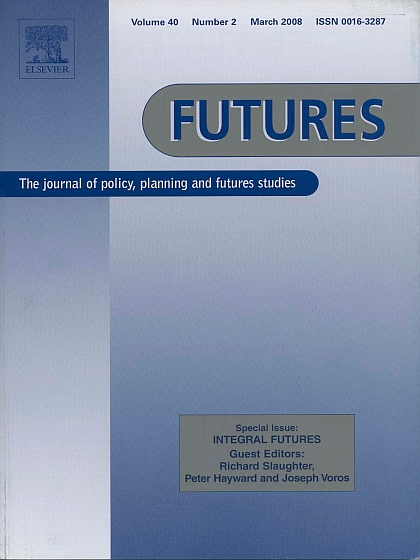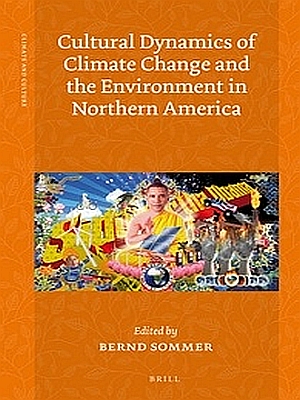Humanities in a Changing Climate
- Presentation
- Date
-
- Location
- Munich, Germany
- Speech
Addressing anthropogenic climate change requires a reassessment of all the choices we make in life, no matter if they are made individually or from within collective institutions. During the workshop "Communicating the Climate in a Controversial Time", Dr. Grit Martinez of Ecologic Institute spoke on the topics of climate change acceptance and governance under different socio-cultural regimes. The event was hosted by the Rachel Carson Center for Environment and Society, an international, interdisciplinary center for research and education in the environmental humanities supported by the German Federal Ministry of Education and Research.
When speaking about climate change, the way a situation is interpreted is more important than whether it was interpreted correctly or not: "If people define situations as real, they are real in their consequences". In other words, it is the interpretation of the situation that leads to the course of action.
The interpretation of climate change is impacted by a number of factors, one of them is culture. In her presentation, Dr. Martinez explored the following questions: Why is climate change still a persistent challenge? How is it defined under different socio-cultural, political and economic regimes, using the examples of Germany and the United States? How can perception misinform and influence audiences, using the example of a "Sea level policy" law which was issued in North Carolina in 2012? And finally, what role do the humanities play in climate science and climate science communication?
Three additional presentations explored the following related topics:
- (1) Role and perception of history in climate sciences (Dr. Dania Achermann, Excellenzcluster CLISAP)
- (2) Unknowability and uncertainty in climate science (Dr. Christoph Baumberger, Environmental Philosophy Group Zurich) and
- (3) Responsibility and social factors in a changing climate (Prof. Dr. Helmuth Trischler, Rachel Carson center)
During several rounds of discussions amongst the workshop participants, scholars from across the globe explored how people view climate change from different angles and what role the humanities are predestined to play in communicating scientific findings relating to climate. As interpretive sciences, the humanities ask the 'why questions' and usually derive conclusions by considering contextualities and path-dependencies in their analyses. These are prerequisites for supporting acceptance and a transformative style of governance leading towards sustainability, while also promoting effective communication and action on climate change.
Within their online series of open-access journal articles called "RCC Perspectives: Transformations in Environment and Society", the Rachel Carson Centre will publish an issue based on the workshop discussions to which Ecologic Institute will contribute article. The "RCC Perspectives" journal aims to be a forum for examining the interrelationship between environmental and social changes and to bridge the gap between scholarly and non-scholarly audiences.




